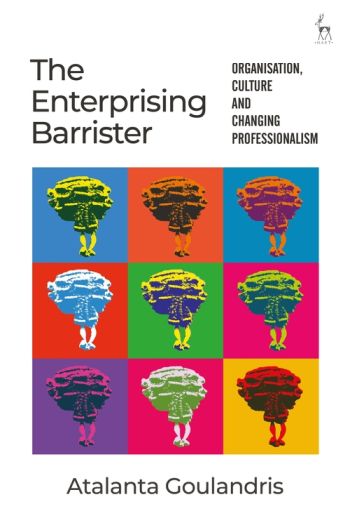
What is it like working as a barrister in the 21st century? The independent Bar has transformed in the last 30 years into a commercialised, enterprising profession. Based on interviews with and observation of barristers and chambers' staff, this book identifies key changes that have taken place at the Bar and how these are reshaping and reformulating barristers' professionalism and working culture. This is the first empirical overview of the depth, scope and effects of multiple reforms that have been imposed on the profession. It explores how this once unified profession has fragmented, as the lived experiences of barristers in different practice areas have diverged. Highly specialised sets of chambers now operate like businesses, whilst others, who are dependent on legal aid funding, struggle to survive.
This book offers a unique examination of different sites of change: how the chambers model has evolved, how entrepreneurial barristers market themselves, how aspirant law students prepare to enter the profession and how regulatory and procedural reforms have imposed managerial constraints on practitioners. The conclusion considers what the far-reaching changes mean for the prospects of the Bar in England and Wales.